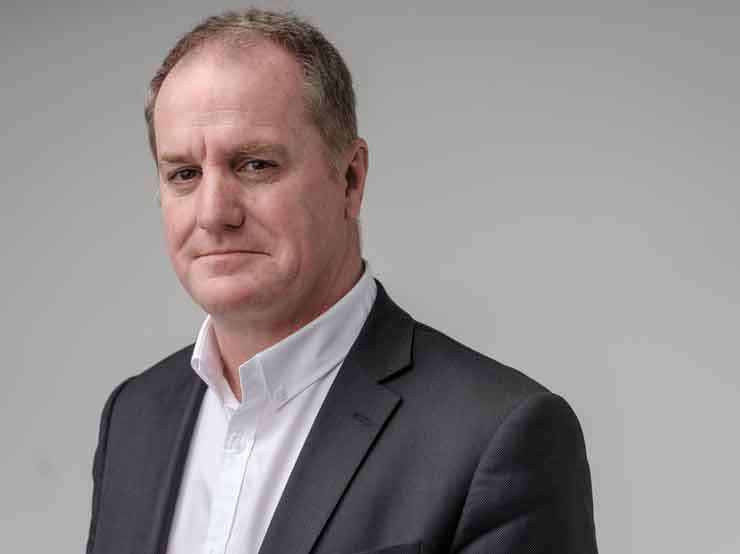COMMENT: It seems that the ink was barely dry on the recent order to go into another national lockdown before the pundits were, yet again, making predictions about what it might mean to the property market – which is surprising given just how wrong everyone was when they tried to do the same thing during the first lockdown, seventeen months ago.
Back then, with few exceptions, market commentators were predicting that Covid would lead to drops of anywhere between 5% and 15% in house values and most of the talk at the time was of tough times ahead for the property market.
As we now know, that didn’t happen and, instead, the property market took off on what was to become the most dramatic year of house price inflation in our history, with house prices increasing 30% in little more than twelve months.
But what caused it? And could it happen again? There are as many views on that as there are commentators – but, for me, most of them are inadequate to explain the explosion of activity post-lockdown. The market didn’t just hold up – it skyrocketed – so clearly something happened in the post lockdown period which gave buyers confidence that house prices would increase, coupled with a profound fear of missing out.
Start your property search
That disqualifies anything which was the same before the lockdown as it was after it. Housing supply issues, land banking, ghost homes and the Governments newest target, the tax treatment of investors, have all been highlighted as possible causes of the frenzy, but none of them were any different immediately after lockdown to the situation which had prevailed before.
So what did change? Can we identify a post-lockdown stimulus which drove the rush of activity? We can – except there was not one, but three, and all of them came from the Reserve Bank.
The first was the decision to drop the Official Cash Rate by .75% in March 2020. This setting has a big impact on mortgage interest rates and by dropping it to just .25% the Reserve Bank gave huge scope, to the trading banks, to drop their mortgage rates to historically low levels. To be fair, the Reserve Bank’s decision was a prudent one at the time given the almost universal fears that the global economy was going to plunge into a deep recession, but it also lit the first of three fires which ignited the property market in the months ahead. Forty years of data tells us that cheaper money leads to higher house prices and that’s exactly what happened.
The second fire was lit a month later, in April 2020, when the Reserve Bank removed the loan to value ratio (LVR) restrictions in their entirety. While these restrictions have proven to be an utter failure in their stated aim of reducing house prices and stabilising the market, they’ve been a major obstacle to first home buyers since first being introduced in 2013 – so their temporary removal opened a door which had been closed, to many, for seven years.

Ashley Church: “Forty years of data tells us that cheaper money leads to higher house prices and that’s exactly what happened.” Photo / Ted Baghurst
The third fire was lit many months later, in December 2020, when the Reserve Bank flagged that it was going to reintroduce the LVR restrictions in March 2021. This was the equivalent of holding up a big sign to first home buyers and investors which said “buy now, before it’s too late” – and they did. Despite attempts to characterise property investors as the cause of all the problems in the property market there are actually very few periods, over the past couple of decades, when they’ve been the dominant buyer group, but they certainly were over the months before and after Christmas 2020. Why? Because they were acting rationally based on a signal given to them by the Reserve Bank: “Buy now or you’ll miss out when the rules change.”
So there you have it. Three clear signals – all from the Reserve Bank – can be reasonably identified as the cause of the very strong property market, post-the first Covid lockdown.
So could it happen again? Could house prices take off a second time after the current lockdown ends? Given that the Reserve Bank is unlikely to drop the OCR or remove the LVRs again, probably not.
But I would make one observation. We saw, last year, what happened when the Reserve Bank flagged its intention to reintroduce the LVR rules and the way in which people rushed to “get in” before the door was closed. Could the same thing happen with interest rates? Last week the Reserve Bank delayed its expected increase in the OCR, by 6 weeks, but reaffirmed that it expected to increase them at the next announcement. Could that small window cause another rush to buy?
The next few weeks will be interesting.
- Ashley Church is a property commentator for OneRoof.co.nz. Email him at ashley@nzemail.com
















































































